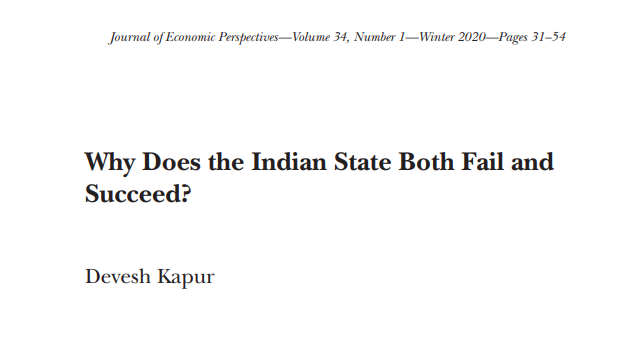
Last week, our team submitted its feedback on the proposed policy on National Data Governance Framework (#NDGFP) by @GoI_MeitY. 🧵Here’s a summary of our key suggestions. (1/n)
@DataGovNetwork
@DataGovNetwork
The new policy should:
1)➡️Align with other existing and proposed data regulations and policies in India to avoid confusion over jurisdiction and duties (3/n)
1)➡️Align with other existing and proposed data regulations and policies in India to avoid confusion over jurisdiction and duties (3/n)
2)➡️Assess capacity, budget and stakeholder representation for the proposed India Data Management Office (IDMO), that will implement the policy (4/n)
3) ➡️Ensure that the IDMO and Data Management Units are staffed with people with specific skill sets. The @_DMEO has guidelines for setting up a Data & Strategy Unit which can be useful. dmeo.gov.in/sites/default/… (5/n) 

4)➡️Involve stakeholders, including citizens, rather than operating in silos. @INSPIRE_EU’s approach to this offers a blueprint. (6/n)
5)➡️Appoint an independent ombudsperson to handle grievances. Currently, the IDMO is tasked with deciding upon citizen grievances which can potentially compromise the independence of the process. (7/n)
6)➡️Make the catalogue of datasets on the India Datasets program publicly accessible to enable data discovery by users. (8/n)
7)➡️Finally, we recommend against the user charges mentioned in policy for 2 reasons: 1⃣ the marginal costs of providing the data to an additional user are minimal 2⃣ the data can generate several positive externalities that could outweigh the costs of providing such data (9/n)
Read the full response here: bit.ly/3mJbLM6 (10/n)
Thread unroll link threadreaderapp.com/thread/1536605… by @threadreaderapp
• • •
Missing some Tweet in this thread? You can try to
force a refresh







